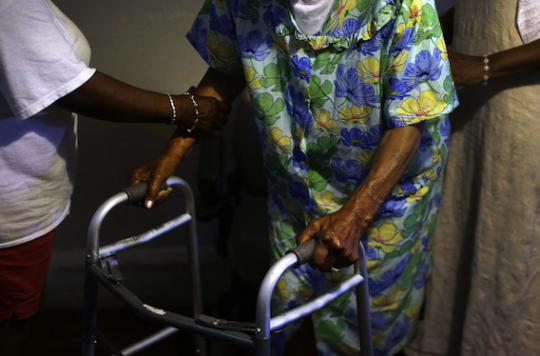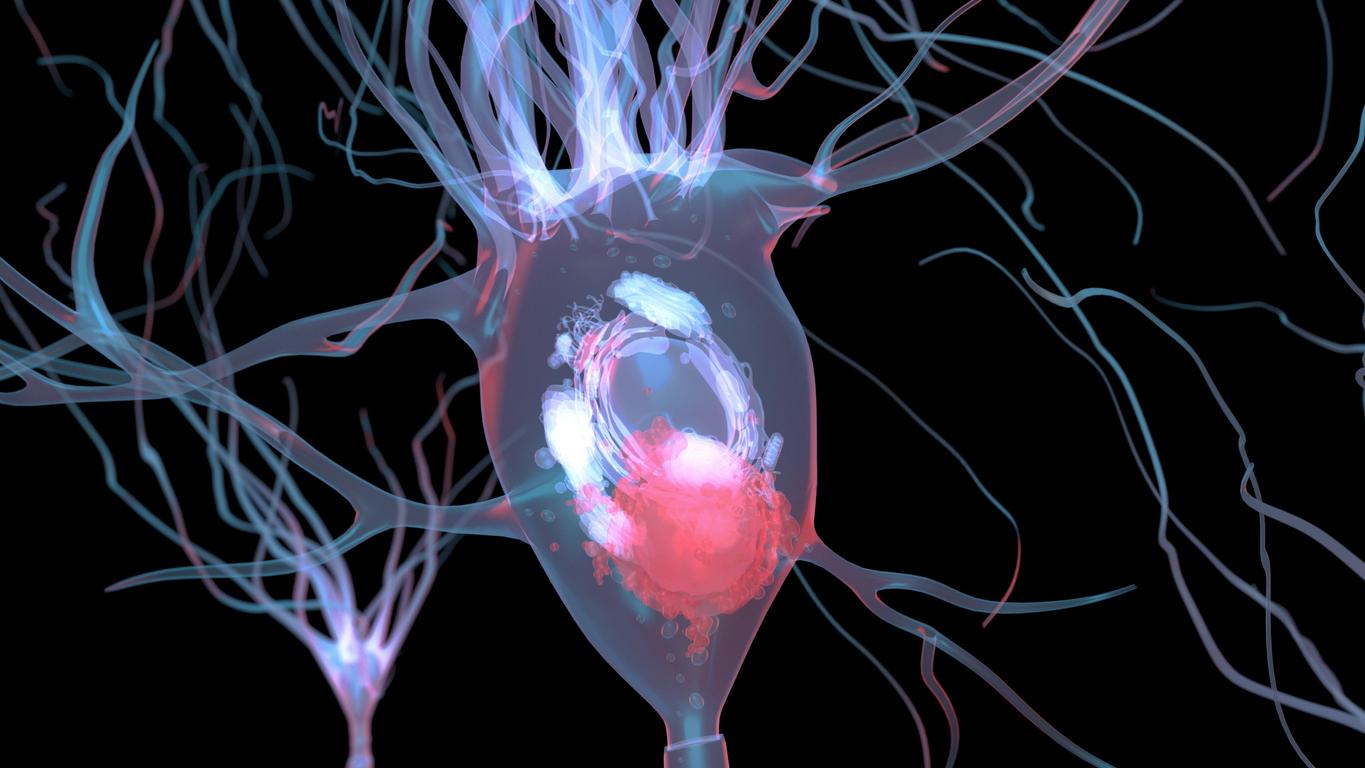After 6 months of experience, a drug against leukemia allows one patient with Parkinson’s to walk again and 3 others to regain the use of speech.

A drug against leukemia would improve cognitive and motor functions in patients with Parkinson’s disease, and Lewy body dementia. Results presented this Saturday at the Annual Congress of the American Neuroscience Society in Chicago.
Carried out over 6 months on 11 patients, this phase 1 clinical trial made it possible to assess the maximum dose tolerated by patients by gradually increasing it (from 150 to 300 mg per day). Researchers from Georgetown University (Washington DC, United States) indicate that a lower dose of nilotinib than that used in oncology (800mg) is well tolerated by patients and does not cause serious side effects.
Spectacular benefits
Scientists report that at the end of the experiment, the treatment had a beneficial effect in all patients. Benefits that could be described as spectacular for some. Indeed, the researchers said that a patient locked in his chair is now able to walk again, and that 3 patients who had lost the use of speech are now able to hold conversations.
Alain Hoffman, former professor of social sciences, diagnosed in 1997 participated in the study. During the presentation to Congress, he said his life was turned upside down. “Before nilotinib, I hardly did anything at home. Now I throw out the trash, empty the dishwasher, do the laundry, set the table and even take control of the barbecue, ”he said. He also indicated that he fell only once in 6 months whereas before the clinical trial he fell several times a week.

In addition to these effects on cognitive and motor functions, the researchers found biological changes. They observed a decrease in the amount of biomarkers of these neurodegenerative pathologies, such as the tau protein or the beta-amyloid factor, “which suggests that these toxic proteins for the brain have been eliminated”, comments Fernando Pagan, assistant professor of neurology at Georgetown University and one of the study’s authors. In addition, the anti-cancer molecule seems to cross the blood-brain barrier more easily than treatments aimed at increasing dopamine levels.
A second test in 2016
“To my knowledge, this study presents the first therapy capable of reversing – to a greater or lesser extent depending on the stage of the disease – the cognitive and motor decline of patients with neurodegenerative disorders” he added. by specifying that more complete studies will have to be carried out.
But although this drug has not been compared to any other molecule or a placebo, the researchers are confident. A second trial including patients with Parkinson’s disease but also Alzheimer’s disease should start in early 2016.
.















-1721998247.jpg)

